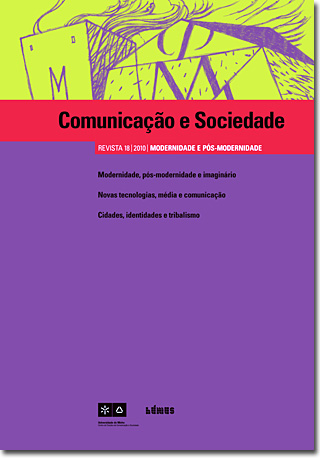The contradictions of journalism in Germany
DOI:
https://doi.org/10.17231/comsoc.18(2010).1023Resumo
The year was 1908. It was the first time that German journalists realized what power they actually have. The catholic-centralist member of the national parliament Dr. Adolf Gröber called them during a debate on colonial policy publicly ‘Saubengel’ (something like ‘swine rogue’). All of them reacted spontaneously and decided to boycott any reporting from the Reichstag. Political communication came to a still stand until the chancellor intervened, because he planned to give a crucial speech. Herr Gröber had to apologize and information about parliamentary affairs went on as usual. The recent state of journalism reflects one way or another always the collective historical experiences of the culture in which journalists operates. The German experience is – of course – quite a mixed one. In terms of media technologies it was sometimes on top, in terms of content it lagged usually behind. Germany was shaped by its flourishing cities and the communication links they established across Europe. But its history also includes the tradition of a strong and authoritarian state that kept freedom of expression low and collapsed in the catastrophe of the Nazi era. What is the situation today?Downloads
Downloads
Publicado
Como Citar
Edição
Secção
Licença
Direitos de Autor (c) 2012 Comunicação e Sociedade

Este trabalho encontra-se publicado com a Creative Commons Atribuição-NãoComercial 4.0.
Os autores são titulares dos direitos de autor, concedendo à revista o direito de primeira publicação. O trabalho é licenciado com uma Licença Creative Commons - Atribuição 4.0 Internacional.












